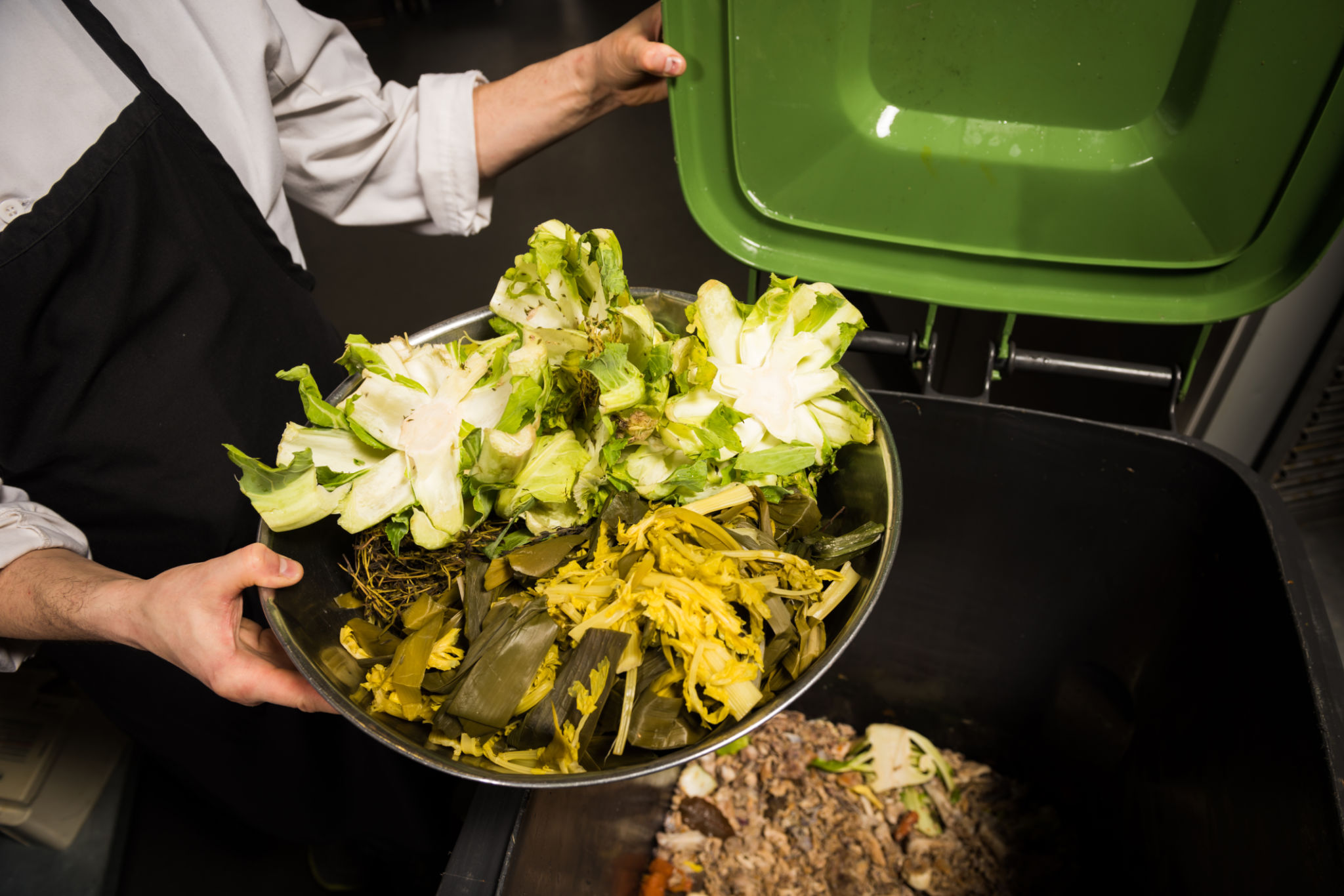Seasonal Trends in Food Tech: How HPP is Adapting to Market Demands
Seasonal trends have always played a significant role in shaping the food industry. As consumer preferences shift with the changing seasons, food tech innovations must adapt to meet these evolving demands. One such technology making strides in this space is High-Pressure Processing (HPP), a method known for extending the shelf life of food products without compromising on quality or nutrition.
The Growing Demand for Fresh and Safe Food
Consumers today are more health-conscious than ever before. There is an increasing demand for fresh, minimally processed foods that retain their natural taste and nutritional value. HPP technology caters to this demand by using high pressure instead of heat to inactivate harmful bacteria in food products. This process maintains the food's original quality, making it an attractive option for health-focused consumers.

Adapting to Seasonal Produce Availability
One of the significant benefits of HPP is its ability to extend the shelf life of fresh produce without the use of preservatives. This advantage allows retailers to stock seasonal fruits and vegetables for longer periods, reducing waste and ensuring consumers have access to fresh produce year-round. As a result, HPP aligns perfectly with the seasonal availability of produce, offering a sustainable solution that benefits both producers and consumers.
Furthermore, as demand for organic and locally sourced products continues to rise, HPP allows these items to reach a broader market without losing their appeal. This capability helps small-scale farmers and local producers compete in a market dominated by large-scale operations.
Enhancing Product Variety and Innovation
HPP technology is not limited to fruits and vegetables. It is also instrumental in diversifying product offerings across various food categories. From dairy products like yogurts and cheeses to ready-to-eat meals and beverages, HPP has enabled companies to innovate and introduce new products that cater to diverse consumer tastes.

Meeting the Demands of the Beverage Industry
The beverage industry, in particular, has seen a surge in HPP adoption. Cold-pressed juices, smoothies, and plant-based drinks are becoming increasingly popular as consumers seek healthier beverage options. HPP ensures these beverages retain their vitamins, enzymes, and flavors, making them stand out in a competitive market.
Additionally, seasonal trends in beverages can be easily addressed with HPP. For instance, companies can introduce limited-edition flavors that align with specific holidays or seasons, knowing that the extended shelf life will prevent waste and maintain quality throughout the sales period.
Sustainability and Environmental Impact
Sustainability is at the forefront of consumer concerns, and HPP is a technology that supports these values. By reducing food waste through extended shelf life and eliminating the need for chemical preservatives, HPP offers an environmentally friendly alternative to traditional processing methods.

The Future of HPP in Food Tech
As we look to the future, it is clear that HPP will continue to play a vital role in the food tech industry. Its ability to adapt to market demands makes it a versatile tool for companies looking to stay ahead of seasonal trends and consumer preferences. With ongoing research and development, we can expect further innovations in HPP applications, solidifying its place as a cornerstone technology in food processing.
In conclusion, as consumer demands evolve with seasonal trends, technologies like HPP are essential for adapting to these changes. By offering a solution that prioritizes freshness, safety, and sustainability, HPP not only meets current market demands but also sets a standard for future innovations in food tech.